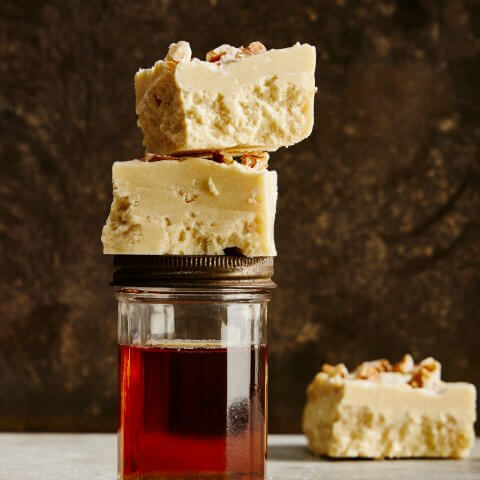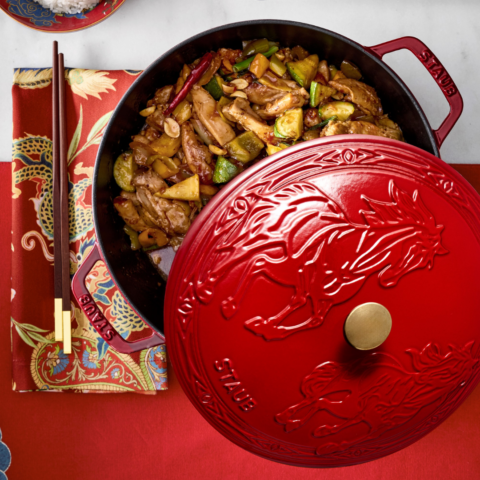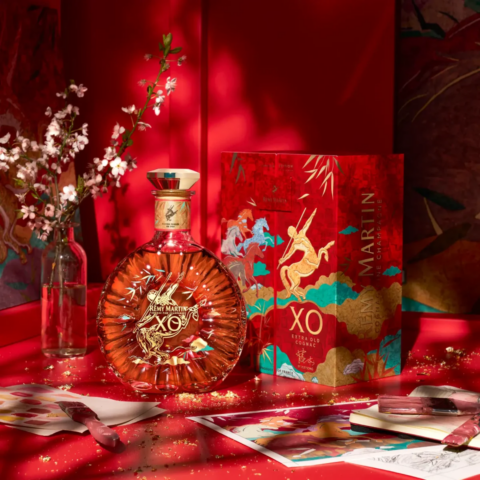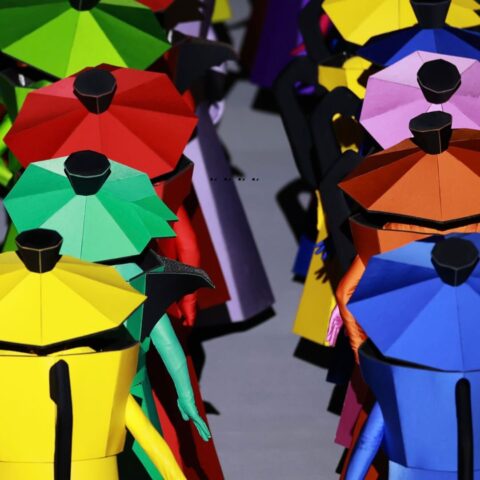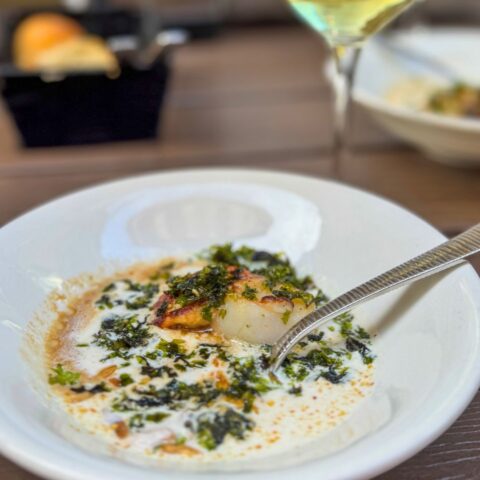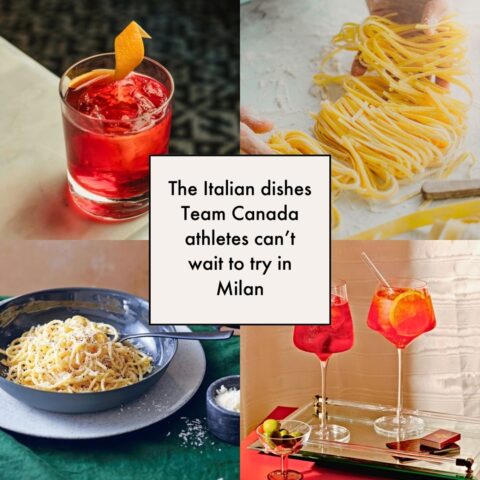Entrepreneur Jolene Johnson spent years on a Christmas tree farm in New Brunswick, helping her sister and brother-in-law with their business of growing and harvesting trees for the holiday season. “That’s where I was exposed to the maple syrup side of things,” she says. “Along with their tree farm, they operated a sugar bush – nothing big; it was just a hobby.”
Today, Johnson is back among trees, back on the maple syrup side of things, but this time it is most definitely not a hobby. She is now the CEO and founder of Wabanaki Maple, a craft maple syrup producer based in Neqotkuk, or Tobique First Nation, in New Brunswick.
Though the company, which she started five years ago, is inspired by her time on that tree farm and almost two decades of past experience in the food industry working in restaurants, catering and doing meal prep and menu planning, it’s also a culmination of her journey to reconnect with her roots and culture.

“I was born and raised in a non-Indigenous community,” she says. After the end of a relationship, she moved back to her Neqotkuk community with her two children and started over. “It was the doorway to reconnecting to my own culture, language and traditions,” she says. Maple sap was celebrated as “a source of healing,” something community members looked forward to drinking in the spring to replenish their bodies with nutrients after the harsh winter months. “It was used in their cooking for different meals, and they would also boil it down into sugar bricks, so it could be stored for later use throughout the year,” Johnson explains.
Moving forward with Wabanaki Maple was a way for her to fit these different parts of her life together into a singular focus. “It was time for me to move out of my current work, to move forward with something I was more passionate about and to share our Indigenous culture and the history that relates to maple syrup. Between the agriculture, the culinary work and our culture, it was a perfect fit,” she says.
Johnson and her team of seven staff create a stunning collection of creamy maple syrups by aging New Brunswick sap in bourbon, whisky and toasted oak barrels. The Barrel Aged Whisky Maple Syrup, for instance, has notes of rye, oak and wood smoke layered into its flavour and it pairs just as well with salmon as it does with a banana split. Her bestseller, the Barrel Aged Bourbon Maple Syrup, is buttery, with sweet aromatic notes of marshmallow, and is best enjoyed with coffees, seafood and pork.

This doesn’t mean the journey has been easy, however. Maple syrup is a crowded field in New Brunswick. It’s the world’s third-largest maple producer, where more than four million kilograms of syrup are produced each year. (Last year, Wabanaki Maple produced roughly 20,400 kilograms.) It’s also a field dominated by men. And, as a First Nations person living on a reserve, Johnson is unable to use land as collateral to obtain a bank loan. (As per the Indian Act, land on reserves is owned by the federal government.) “I don’t want to say it’s been hard, but it’s had its challenges and barriers,” she says. “Networking, connecting with the right people and asking the right questions have been very significant resources for me.”
She’s hoping to play that same role for others in the community. “I’m pretty sure that I’m, if not the first, one of the very few Indigenous women to launch into this industry in Canada,” she adds. “My goal is to inspire other Indigenous women to take up space in these under-represented industries.”
Currently, she has three Indigenous staff members and is promoting the work of other Indigenous entrepreneurs through the Wabanaki Bareroots Box. The collection of rotating goods – the most recent edition includes, among other items, mango hot sauce by Sriracha Revolver, smoked chili salt from Oregon’s Sakari Farms and a bottle of “Skoden Golden” barbecue sauce from the Arizona-based Navajo Mike’s – not only draws attention to the exciting creativity from these small businesses, but also raises funds for the Bareroots Initiative, a community project Johnson launched to support reforestation efforts in the province.
“The very first tree planting event that we participated in was just last spring. We planted in the outskirts of Fredericton,” Johnson says, explaining that, to date, they’ve planted almost 2,000 trees through a partnership with the environmental charity One Tree Planted, which plants trees in countries around the world. “We invited some of our youth here from Tobique to get them on the land and help them understand about our natural resources and why it’s important to have trees.”
View this post on Instagram
Looking back at the growth of the company and what lies ahead is “surreal,” Johnson says. “I never expected it to be this successful and to be this resilient and to thrive in this industry. I’m a mother and a grandmother. I’m just very grateful to all our supporters, all our customers, all my communities and my team.”


